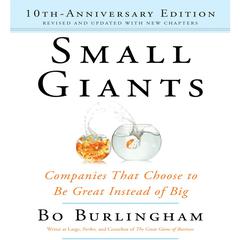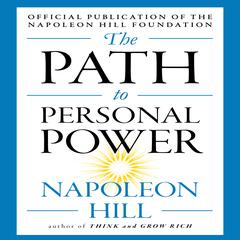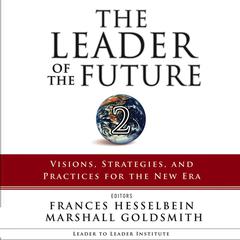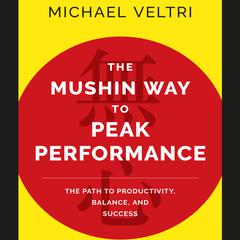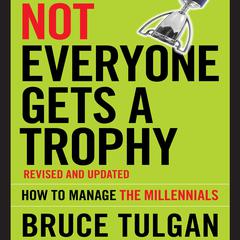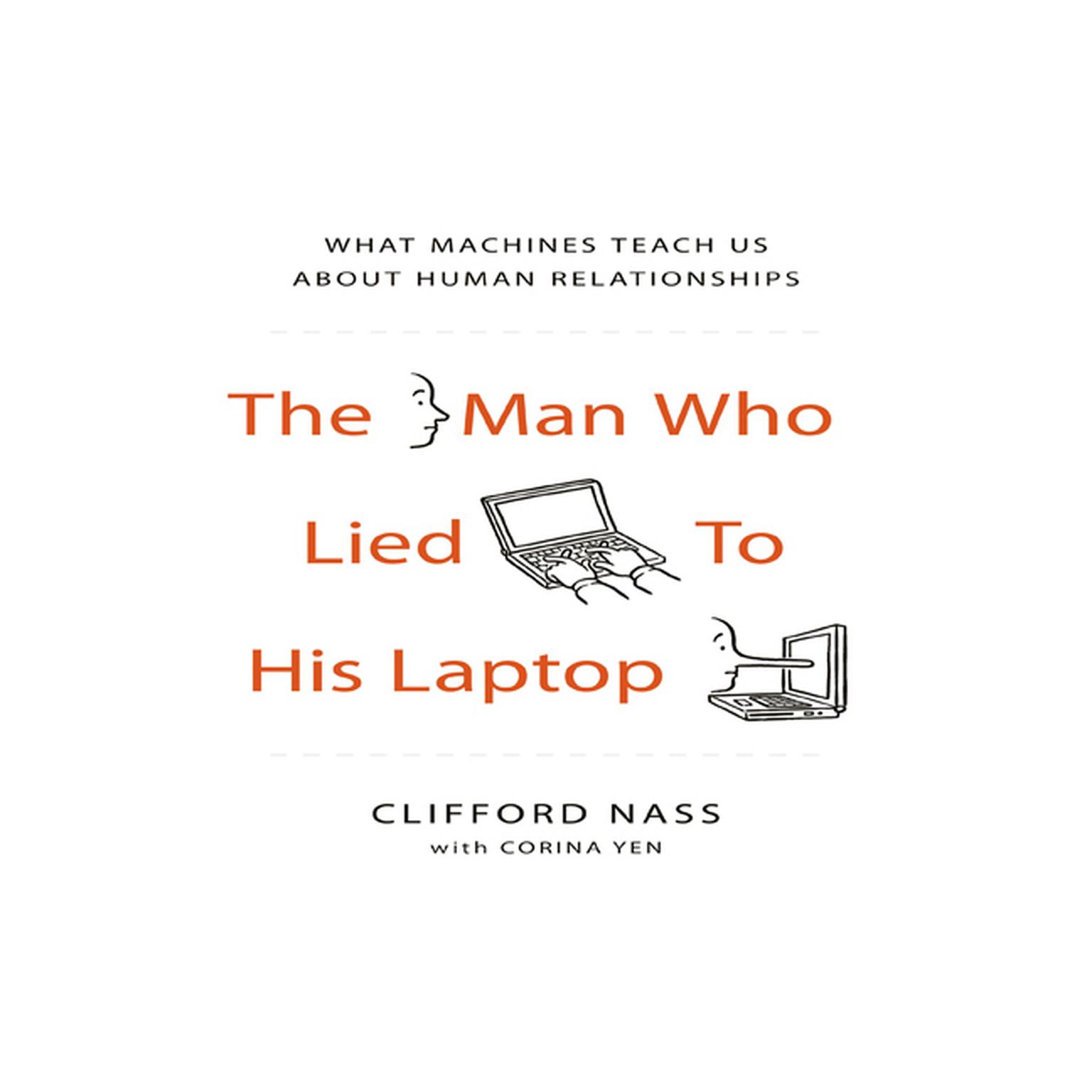 Play Audiobook Sample
Play Audiobook Sample
The Man Who Lied to His Laptop: What Machines Teach Us About Human Relationships Audiobook
 Play Audiobook Sample
Play Audiobook Sample
Quick Stats About this Audiobook
Total Audiobook Chapters:
Longest Chapter Length:
Shortest Chapter Length:
Average Chapter Length:
Audiobooks by this Author:
Publisher Description
STARTLING INSIGHTS INTO PERSUASION, TRUST, EMPATHY, AND TEAMWORK BASED ON REVELATIONS ABOUT HOW WE TREAT OUR COMPUTERS The driver was insistent: “A woman should not be giving directions.” Despite the customer service rep’s reassurance that the navigation system in his car wasn’t actually a woman—just a computer with a female voice—the driver (and many others like him) refused to listen. There was only one person for BMW to call for help: Clifford Nass, one of the world’s leading experts on how people interact with technology. After two decades of studying problems like BMW’s GPS system, Microsoft’s Clippy (the most hated animated character of all time), and online evaluations that led people to lie to their laptops, Nass has developed a powerful theory: Our brains can’t fundamentally distinguish between interacting with people and interacting with devices. We will “protect” a computer’s feelings, feel flattered by a brown-nosing piece of software, and even do favors for technology that has been “nice” to us. All without even realizing it. Nass has found that the most powerful strategies for working with people can be learned from watching what succeeds and fails in technology interfaces. If a computer can make friends, build teams, and calm powerful emotions, so can any of us. Nass’s studies reveal: • Mixing criticism with praise—a popular tactic for managers—is a destructive method of evaluation. • Opposites don’t attract—except when one gradually changes to become more like the other. • Flattery works—even when the recipient knows it’s flattery. • Team-building exercises don’t build teams—but the right T-shirt can. • Misery loves company—but only if the company is miserable, too. Nass’s discoveries push the boundaries of both psychology and technology and provide nothing less than a new blueprint for successful human relationships.
Download and start listening now!
"The Man Who Lied to His Laptop is a fascinating look into the world of human computer interaction. Clifford Nass has done extensive research into the concept of computers as social actors. For several decades he has explored the idea that people interact with computers in much the same way as they interact with other humans. This goes far beyond just the simple anthropomorphization that we witness when a frustrated user says his computer is stupid or when a bank customer yells at an ATM for not giving him money. In his latest book, Nass takes his research one step further and instead of just helping computer designers understand how people interact with computers, he uses computers to help us understand how we interact with each other."
— Matt (4 out of 5 stars)
Quotes
-
“If Dale Carnegie had been a Google engineer, this is how he would have written How to Win Friends and Influence People. Cliff Nass shows us how much we can learn about people by understanding how people interact with computers.”
— Chip Heath, coauthor of Switch and Made to Stick -
“With the help of real experiments, rather than anecdotes or impressions, Clifford Nass uses people's interactions with computers as a window into social and professional life. The book is filled with insights about an increasingly important part of our lives.”
— Steven Pinker, Harvard College Professor of Psychology, Harvard University, and author of How the Mind Works and The Stuff of Thought -
“With engaging illustrations and compelling evidence, Clifford Nass shows how interactions with our most advanced machines reveal our most primitive workings.”
— Robert B. Cialdini, author of Influence: Science and Practice -
“The Man Who Lied to His Laptop is brilliantly accessible and will give you breakthrough insights about the single most important secret to success in business and life-building better relationships! This book is a must-read for every leader in these turbulent times.”
— Mark Thompson, coauthor of Success Built to Last
The Man Who Lied to His Laptop Listener Reviews
-
" Engrossing episodic,chapters about the bipolar experiences of a young woman ... including journal entries she and her mother wrote...during her journey from high school into college years. Insightful and well written. Highly recommended. "
— Jill, 10/30/2013 -
" An interesting read with lots of insightful studies - however I disliked the author's decision to tell every anecdote as if it had happened to him. Very strange. "
— Deborah, 9/28/2013 -
" I'm not sure about all the claims he makes. I'm very skeptical about parts and can think of arguments against some of his propositions, but it is very thought-provoking. I had several wow moments and shared a lot of his experiments with family. I'll certainly try some of his suggestions. "
— Mary, 8/19/2013 -
" Nass' book covers some fascinating research. It is organized in a very coherent way, easy to follow, with good explanations of the science behind his conclusions. "
— Erin, 6/23/2013 -
" The author kept asking the reader to accept certain things as given, which I did not think were as obvious or logical as he did. He also referenced the other books that he's written too often. "
— Brookanna, 6/2/2013 -
" Interesting research with surprising findings on team-buiding games, the praise/criticism/praise sandwich and emotions in the workplace. "
— Melanie, 5/6/2013 -
" Very interesting book about our peculiarities and surprising irrationalities as human beings. Our brains are funny sometimes. We are most certainly not always "rational". "
— James, 1/30/2013 -
" Had some awesome insights. The info wasn't as mind-boggling as say, freakonomics, but then it probably wasn't going for that. "
— Phil, 10/19/2012 -
" Funny research studies on how humans create personal ties to their technology. "
— Michele, 4/24/2012 -
" Good, quick reqd. Stanford prof shows how research with human/computer interaction teaches much about human/human interaction. Hint: People love praise AND flattery (whether from a computer or a person). "
— Marc, 8/27/2011 -
" I was hoping that the book would cover how machines can teach us about human relationships...like the title said. Instead it was just another book that vaguely covers personality types and a bunch of common sense situations that are IRL...where do the machines come in? "
— Christy, 6/20/2011 -
" Had some awesome insights. The info wasn't as mind-boggling as say, freakonomics, but then it probably wasn't going for that. "
— Phil, 4/10/2011 -
" Nass' book covers some fascinating research. It is organized in a very coherent way, easy to follow, with good explanations of the science behind his conclusions. "
— Erin, 3/4/2011 -
" Computers trigger the same social instincts that we use with humans. Without realizing it, we interact with computers in fascinating ways. "
— Lori, 12/13/2010 -
" Loving this so far! Fascinating non-fiction. Technology meets etiquette meets social science. "
— Erin, 11/10/2010 -
" An interesting read with lots of insightful studies - however I disliked the author's decision to tell every anecdote as if it had happened to him. Very strange. "
— Deborah, 10/27/2010 -
" I was hoping that the book would cover how machines can teach us about human relationships...like the title said. Instead it was just another book that vaguely covers personality types and a bunch of common sense situations that are IRL...where do the machines come in? "
— Christy, 10/26/2010
About the Authors
Clifford Nass is the Thomas M.
Storke Professor at Stanford University and director of the Communication
between Humans and Interactive Media Lab. A highly sought-after consultant, Nass has applied his research to over 250 media
products and services for companies including Microsoft, Toyota, Nissan, BMW,
Philips, Sony, Time-Warner, Dell, Hewlett-Packard, Charles Schwab, and Fidelity.
He is the author of The Man Who Lied to
His Laptop and currently lives in Silicon Valley.
Corina Yen is a design researcher and a writer. She studied mechanical engineering at Stanford University and lives in the Bay Area.
About Lloyd James
Lloyd James (a.k.a. Sean Pratt) has been a working professional actor in theater, film, television, and voice-overs for more than thirty years. He has narrated over one thousand audiobooks and won numerous Earphones Awards and nominations for the Audie Award and the Voice Arts Award. He holds a BFA degree in acting from Santa Fe University, New Mexico.






